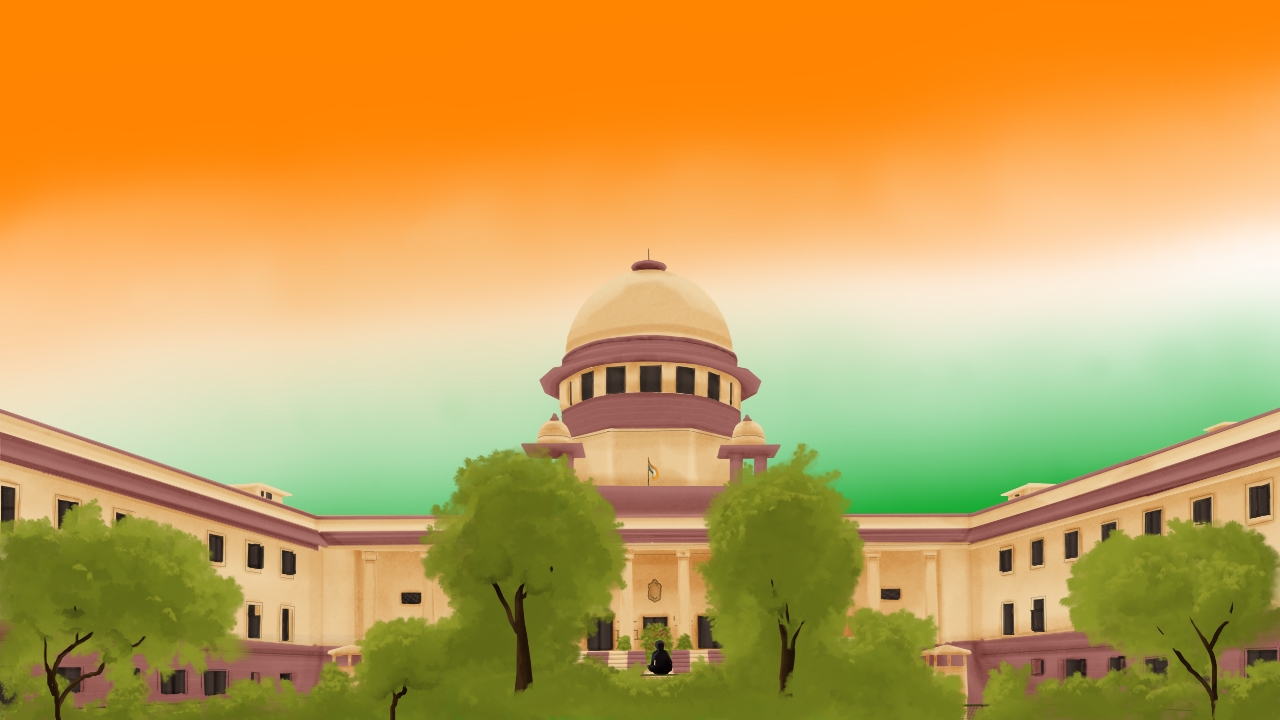Top Court denies disability pension to soldier discharged from service due to administrative reasons, not his ailment

Court also questioned the re-medical examination of the soldier as there was no infirmity in the decision-making process adopted by the Release Medical Board, the Tribunal should not have directed the constitution of a Resurvey Medical Board, and in any case, not after two decades from the date of discharge.
The Supreme Court recently clarified that any opinion of the Release Medical Board with regard to the ailment of a soldier does not entitle him to disability pension, when the ailment did not lead to his discharge and his discharge was in fact due to administrative reasons.
A bench of Justices Indira Banerjee and V Ramasubramaniam made this observation while allowing an appeal filed by the Union of India challenging the judgment of the Chennai Regional Bench of the Armed Forces Tribunal which had allowed an application filed about 20 years after discharge from the Indian Army holding that the soldier was entitled to disability pension.
One R. Munusamy was discharged from service in 1997 on administrative grounds, as an undesirable Soldier under Rule 13(3) III(v) of the Army Rules, 1954.
At the time of discharge, Munusamy was in low medical category. A meeting of the Release Medical Board held on 30th January 1997 found “Right Partial Seizure with Secondary Generalization 345” neither attributable to nor aggravated (NANA) by military service.
Munusamy did not challenge his discharge under Rule 13(3) III(v) of the Army Rules, 1954 as an undesirable soldier, however, made an application claiming disability pension, which was disallowed.
On 25th August 2017 i.e. almost 20 years after his discharge and over seventeen and a half years after the dismissal of his appeal against the rejection of disability pension, Munusamy sent a legal notice claiming disability pension on the ground of parity with one Dharamvir Singh and one Rajbir Singh.
Top Court found that in course of his career, Munusamy had earned red ink entries in his service records on seven occasions.
"...the Respondent was discharged under Rule 13(3) III(v) of the Army Rules, 1954 on administrative grounds as an undesirable soldier and not on the ground of medical disability. Any opinion of the Release Medical Board held on 30th January 1997 with regard to the ailment of the Respondent does not entitle the Respondent to disability pension, as the ailment did not lead to his discharge...", the division bench further noted.
It was further held that the Tribunal fell in error in passing its order dated 2nd November 2018 directing UOI to convene a Resurvey/Review Medical Board at the Military Hospital, Chennai or a designated hospital for the purpose of examining the applicant and assessing the degree of disability due to “Right Partial Seizure with Secondary Generalisation 345” and the probable duration of disability.
"The tenor of the order itself shows that even the Tribunal realized that accurate medical opinion could not have been obtained after lapse of 30 years from the date of recruitment of the Respondent and after 20 years from the date of his discharge", the supreme court said.
Court also held that Tribunal does not sit in appeal over the expert opinion of a Medical Board holding that the disability suffered by a soldier was not attributable to or aggravated by military service. It added,
"There were no materials before the Tribunal, on the basis of which the Tribunal could have been satisfied that, the conditions of service of the Respondent contributed to his disability and/or ailment. The Review Medical Board only assessed the extent of the disability of the Respondent and the approximate duration of the disability, but not the cause thereof."
Case Title: UNION OF INDIA & ORS. vs. EX. SEP. R. MUNUSAMY
